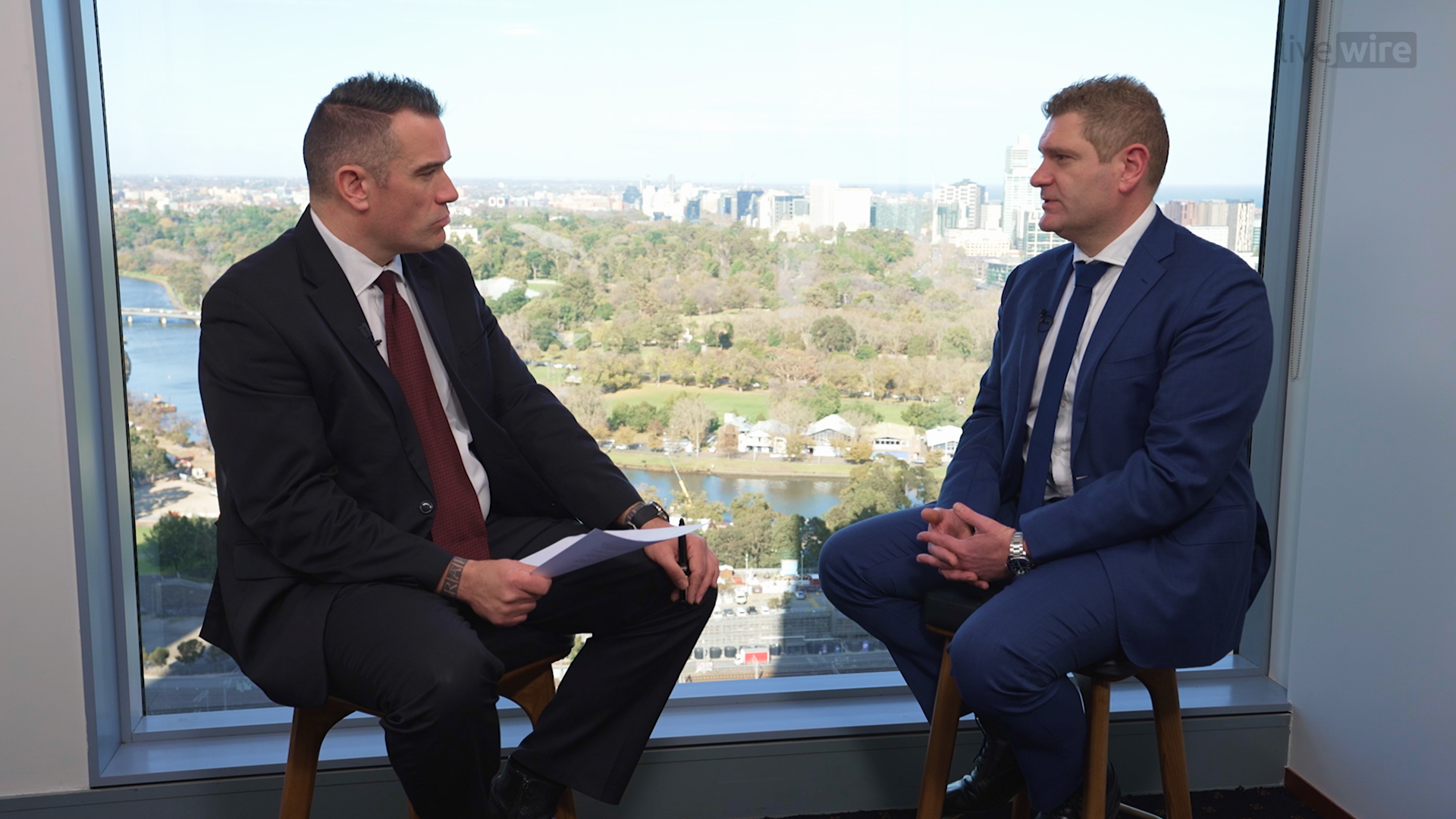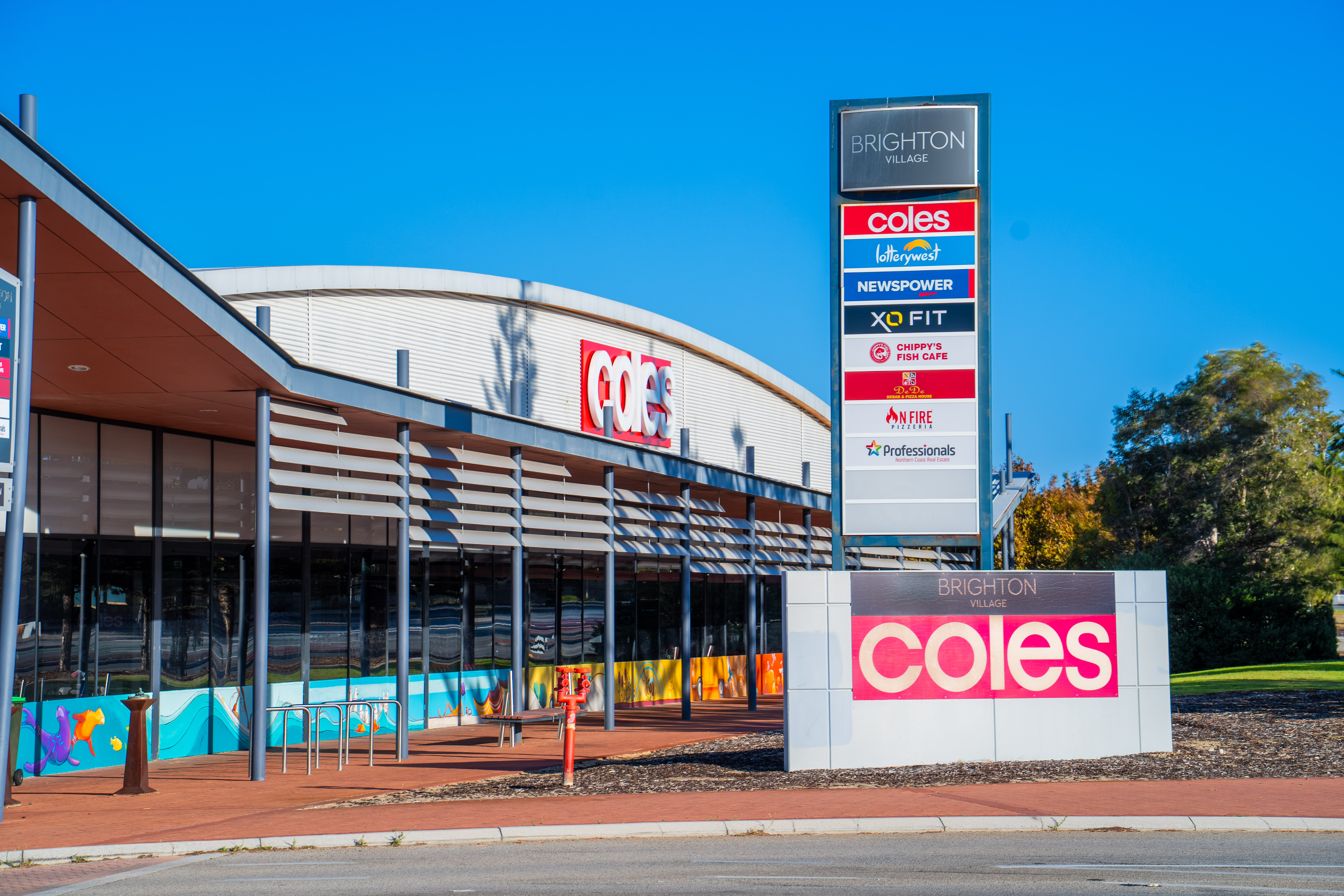The property opportunity offering 7% yield
"Dad, what's for dinner?"
Often before I even get a "hello", that's the question I'm asked most frequently when picking up my five and 10-year-old boys from school.
What typically ensues is a conversation about what's available in the fridge or freezer. The early part of the week is usually OK (the "good" dinners go first), but come Thursday, I'm met with a chorus of "I don't like that". And so it is, off to the shops we go again for some "fresh" menu items.
It's a scenario that plays out across the country tens of thousands of times per week, and it's a big part of the reason why some of the strongest property investment opportunities in Australia reside in convenience retail.
Yes, there has been a broader shift to online purchasing, but not so much when it comes to consumer staples, visiting the butcher or baker, or getting some Friday night takeout. Invariably, we're still getting in the car and potting down to the local shopping centre for our fare.
And when it comes to online grocery shopping, Laurence Parisi - Head of Direct Property at Trilogy Funds - sees this as complementary to the opportunity.

"What we are realising now is that the two work in unison, specifically in convenience retail.
The very nature of the convenience retail, essential services, the daily needs in and out of the local shopping centre, two or three times a week, just dictates to us that you're not going to be dramatically impacted by growth in online sales.
In saying that, the supermarkets do offer online and the centres that we both currently manage and have analysed, online sales typically account for five to 10%.
And that can actually be beneficial to the landlord itself because, depending on the lease structure, the landlord benefits from turnover rent that the supermarkets ultimately report.
So from our perspective, convenience retail is here to stay, online growth in sales shouldn't impact it, and we're pretty enthused about getting exposure to this sector."
With all this in mind, I recently sat down with Parisi to discuss the major trends in the commercial property space, and an exciting new convenience retail opportunity that Trilogy Funds is looking to acquire.
The property, Brighton Village, is located in Butler, which is part of the City of Wanneroo in WA, a growing catchment area that is expected to add 70,000 new homes in the next 20 years.
Brighton Village: key stats

- Location: Butler, WA (approx. 40km north of Perth CBD)
- Land Size: ~12,000 sqm
- Building Size: ~3,800 sqm
- Major Tenant: Coles (78% of income)
- Specialty Tenants: Six
- WALE: 7.5 years
- Occupancy: 100%
- Purchase Price: $25.3 million
- Yield: 7% (forecast over two financial years)
To learn more about the opportunity and how to access it, watch the video above or read a summary of the interview below.
Please note that information on how to access the opportunity is available at the bottom of the wire.
INTERVIEW SUMMARY
Navigating property market tailwinds
Despite some lingering challenges across the commercial property market, Laurence Parisi, Head of Direct Property at Trilogy Funds, sees positive momentum building, particularly for industrial and convenience retail sectors.
“The biggest [theme] from our perspective is interest rates and monetary policy,” said Parisi, citing the return of CPI within target bands and expectations of rate cuts.
“With further scope for interest rate cuts leading to interest cost reduction, I think that will lead to transaction volumes increasing and investor sentiment improving.”
While office real estate remains under pressure, Parisi notes that constrained supply due to high construction costs will be a key dynamic supporting asset values in other sectors over the coming years.
“We believe we’re in the early stages of a moderate recovery,” he said. “What that ultimately looks like will be dictated by geopolitical issues... but we’re relatively optimistic.”
Spotlight on Brighton Village
At the heart of Trilogy’s latest unlisted property fund is Brighton Village, a convenience retail centre located in Butler, a suburb around 40 km north of Perth’s CBD. For Parisi, this particular asset stands out for a variety of reasons.
“It’s a strong-performing Coles neighbourhood shopping centre located on about 12,000 square metres of land,” he explained.
“The centre itself is approximately 3,800 square metres and is complemented by six specialty retail tenants.”
The local area is part of the Wanneroo catchment, which is forecast to add 70,000 new homes over the next 20 years - an indicator of strong population growth and future foot traffic.
“Population growth is the key driver of that,” Parisi said. “And also affordability.”
Why convenience retail still shines
In an era where e-commerce continues to reshape retail, some investors remain wary of bricks-and-mortar exposure. But Parisi argues that convenience retail is resilient, and in many ways, complementary to online trends.
“Bricks and mortar retail is definitely not dead,” he said.
“What we are realising now is that the two work in unison, specifically in convenience retail.”
Parisi pointed to the essential nature of neighbourhood centres, which offer daily goods and services that people still prefer to shop for in person.
“The very nature of convenience retail - essential services, daily needs, the local shopping centre two or three times a week - just dictates to us that you’re not going to be dramatically impacted by growth in online sales.”
In fact, some online sales can benefit landlords through turnover rent structures.
“In centres we manage, online sales typically account for 5–10%. That can actually be beneficial to the landlord depending on the lease structure,” he said.
A strong investment case
Brighton Village boasts a 7.5-year weighted average lease expiry (WALE) and is currently at 100% occupancy, with Coles contributing 78% of the centre’s total income. Trilogy Funds is looking to secure the asset for $25.3 million, which implies a 7% cap rate - an attractive figure in the current environment.
“These centres typically trade firmer than that,” said Parisi.
“We feel that we’ve bought well, and that’s a testament to our process, our network, and our ability to execute.”
The due diligence process took approximately three to four months, involving environmental, legal, valuation and tenant engagement work.
Once the asset is placed into Trilogy’s capital structure, the team is confident of delivering a 7% income yield over the next two financial years.
“We believe investors will ultimately be rewarded by getting exposure to this asset,” said Parisi.
Potential for value-add opportunities
Beyond income, Parisi noted that Trilogy will explore avenues to increase the centre’s value and income over time.
“We will look at advertising, both in the centre and pylon signs out the front. Solar initiatives, cellular towers, and recycling initiatives are also on the table,” he said.
These enhancements are part of Trilogy’s broader strategy to manage and improve its direct property assets across Australia.
The opportunity
To find out how you can participate in the current raise, please visit the Fund's landing page here.
5 topics
2 contributors mentioned

